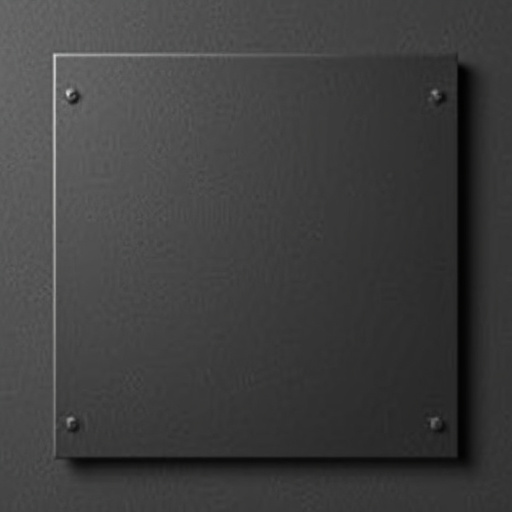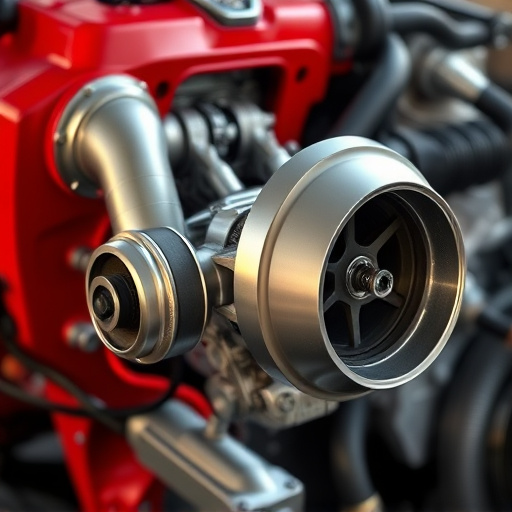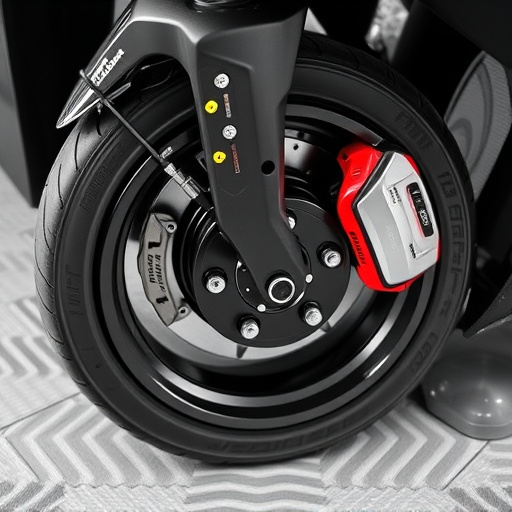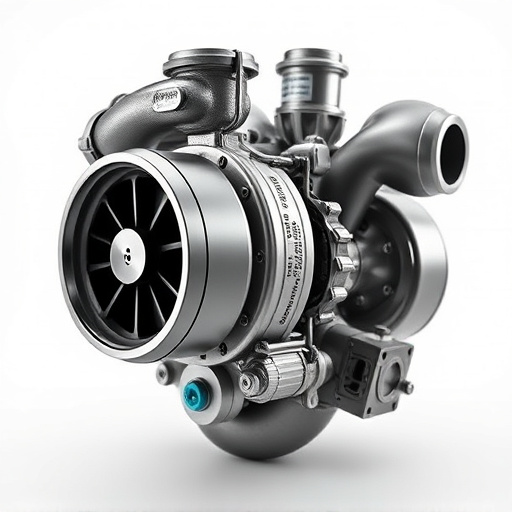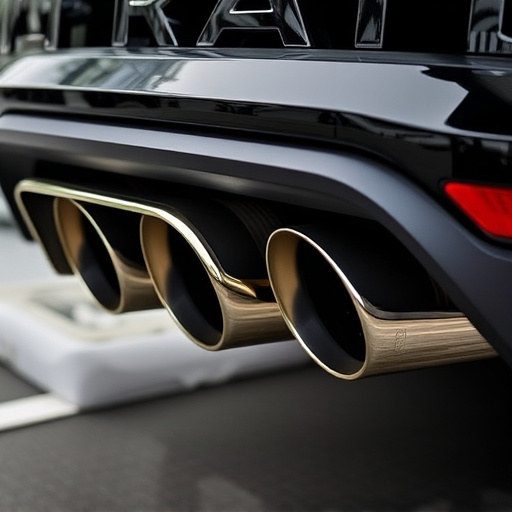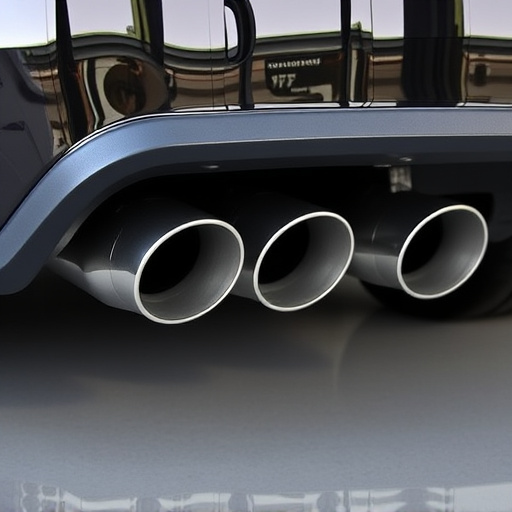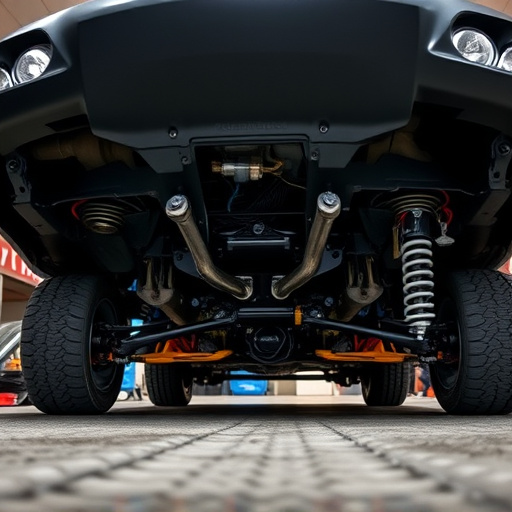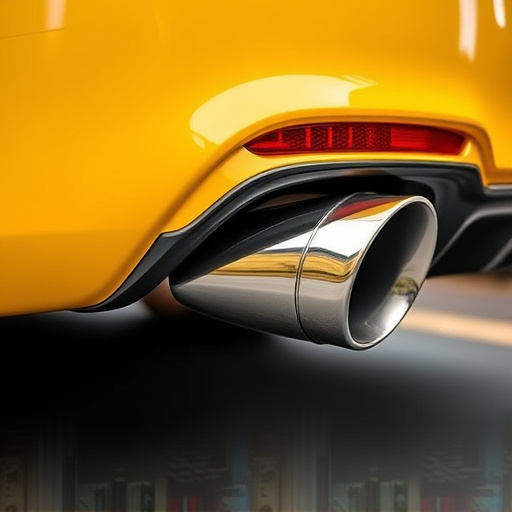Oiled air filters, popular among car enthusiasts for enhancing engine performance, can cause issues if not properly maintained. Regular cleaning or replacement is crucial to prevent reduced engine performance, fuel efficiency problems, and check engine light activation due to excessive clogging. Oil from the filter can contaminate sensors, leading to inaccurate readings and diagnostic problems. Disrupted fuel-air mixture can cause poor combustion and increased emissions. Proper maintenance ensures optimal vehicle functioning and reduced environmental impact. Diagnosing issues requires inspecting the air filter for oil buildup, cleaning or replacing it, and upgrading to high-performance air filters if necessary to avoid check engine light warnings.
“Unsure why your check engine light is on? It might be connected to an unexpected source: oiled air filters. While often overlooked, these filters play a crucial role in your vehicle’s performance. This article dives into the world of oiled air filters, exploring how they function and their potential impact on your engine’s health. We’ll uncover the relationship between oiled air filters and check engine lights, providing insights on diagnosis and resolution for common issues. Understanding this connection can help prevent costly repairs.”
- Understanding Oiled Air Filters and Their Function
- The Relationship Between Oiled Air Filters and Check Engine Light
- Diagnosing and Resolving Check Engine Light Issues with Oiled Air Filters
Understanding Oiled Air Filters and Their Function
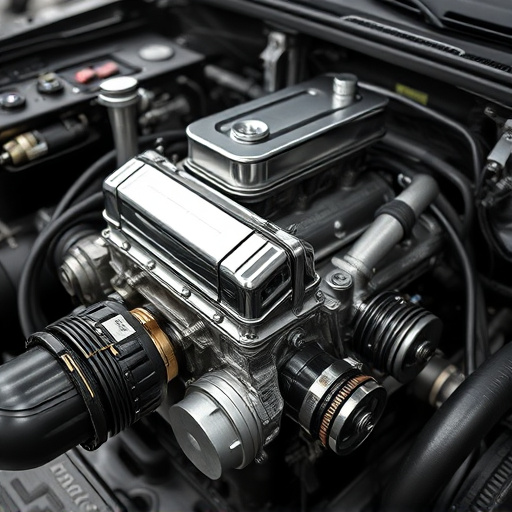
Oiled air filters are designed to capture and eliminate contaminants from the air that enters a vehicle’s engine. They are particularly popular among car enthusiasts for their ability to improve engine performance, especially when combined with cold air intakes. These filters use a fine mesh or porous material coated with oil to trap dust, dirt, and other particles. The oil helps to prevent the filter from clogging quickly, allowing it to maintain optimal airflow. However, improper installation or maintenance can lead to issues.
Unlike traditional air filters, oiled ones require regular cleaning or replacement to ensure they continue to function effectively. If an oiled air filter becomes excessively clogged or contaminated, it might restrict airflow, causing the engine management system to illuminate the check engine light. This is because the engine may experience reduced performance and fuel efficiency, leading to potential diagnostic codes related to exhaust mufflers or exhaust systems. Thus, proper care and timely maintenance are crucial to avoid such problems.
The Relationship Between Oiled Air Filters and Check Engine Light
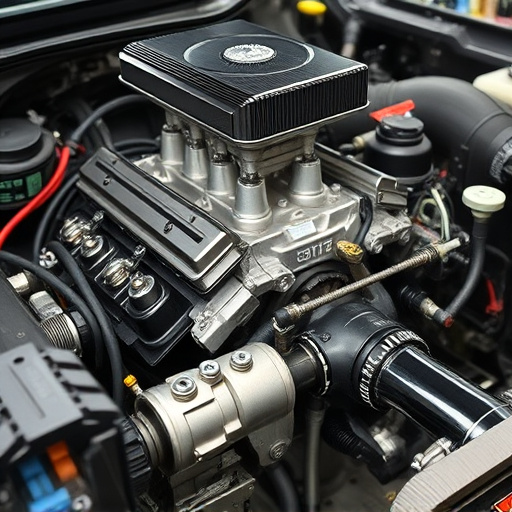
The relationship between oiled air filters and check engine light issues is a topic that deserves attention among vehicle owners and mechanics alike. An oiled air filter, while designed to enhance vehicle performance exhaust by ensuring a consistent airflow, can inadvertently lead to sensor malfunctions and set off the check engine light if not maintained properly. The issue arises when the oil from the filter seeps into crucial sensors, causing them to malfunction or send inaccurate readings to the car’s computer. This, in turn, triggers various diagnostic problems that result in the check engine light illuminating.
Moreover, an oiled air filter can disrupt the delicate balance of fuel and air mixture within the engine, leading to poor combustion and increased emissions. As these contaminated exhaust tips exit the vehicle, they not only affect overall vehicle performance but also contribute to environmental pollution. Thus, regular maintenance and timely replacement of air filters are essential to prevent such issues, ensuring optimal vehicle performance and minimizing potential environmental impact.
Diagnosing and Resolving Check Engine Light Issues with Oiled Air Filters
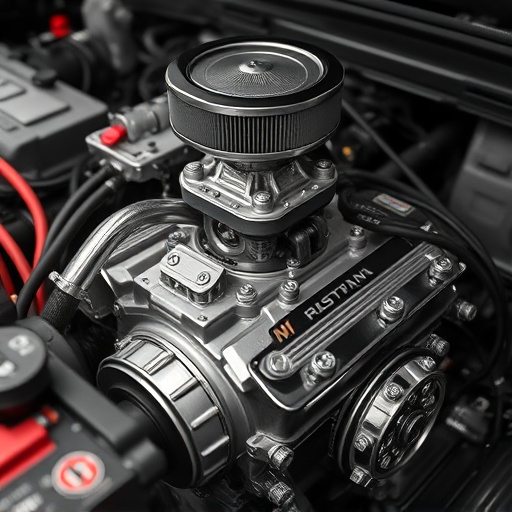
Diagnosing issues related to a check engine light triggered by oiled air filters requires a systematic approach. Start by inspecting the air filter for excessive oil buildup, which can obstruct airflow and cause sensor inaccuracies. If an oiled air filter is suspected, removing and cleaning it thoroughly should resolve the problem in many cases. However, if the issue persists, further investigation into other potential causes is necessary.
Consider upgrading to high-performance air filter kits designed to enhance vehicle performance while ensuring optimal airflow. These kits often include advanced filtration media that can trap contaminants without compromising airflow, thus preventing oil contamination. By addressing oiled air filters promptly and opting for suitable performance air filters, drivers can maintain a healthy engine and avoid unnecessary check engine light warnings.
Oiled air filters, while designed to enhance engine performance, can indeed be a source of check engine light issues. The excessive buildup of oil on the filter can disrupt the precise airflow ratio required for optimal combustion, leading to engine misfires and triggering the check engine light. Prompt diagnosis and cleaning or replacement of the oiled air filter are crucial steps in resolving these problems. Regular maintenance and proper handling of oil-coated filters can prevent future check engine light activations, ensuring a smoother driving experience.
